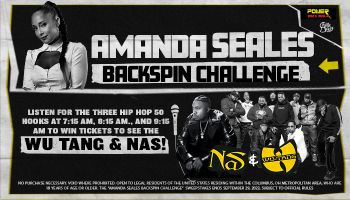ites like RapGenius drive huge traffic and ad sales, but musicians aren’t getting paid for their copyrights. That might change very soon. SOURCE

1. How are lyric sites breaking copyright law?
When songs are released, the lyrics and music are published and are subject to copyright. This is a revenue source for artists, and it’s how songwriters make money off covers and other versions of their songs separate from their own recordings. Record labels either own or license an artist’s recordings, but very seldom hold the publishing rights. Similarly, songwriters typically sign publishing deals in which they assign some part of the ownership of their songs in exchange for royalties received by the publisher for the use of the song. The publisher brokers many deals on the songwriter’s behalf by licensing out their entire songbook for various uses, such as sheet music and karaoke tracks. If a lyric site paid a blanket licensing fee to these publishing companies for use of their lyrics, songwriters would receive a cut of the revenue.
2. Why are lyric sites in danger?
The National Music Publishers’ Association, a trade association representing American Music Publishers, has sent takedown notices to the top 50 unlicensed lyric sites in an effort to push these sites toward acquiring official licenses that will give artists and publishers a share of the sites’ revenue from advertising. Takedown notices aren’t a direct legal action so much as a stern warning from copyright holders. If sites agree to take down the material, they are protected as a condition of the Online Copyright Infringement Liability Limitation Act, but if they refuse, the copyright holder can pursue a lawsuit within 14 days of the notification.
RELATED::Kanye Stops By Harvard To Give A Speech About Design
RELATED::Kanye West: The Man, The Myth, The Legend Part 1 [Exclusive Video]















